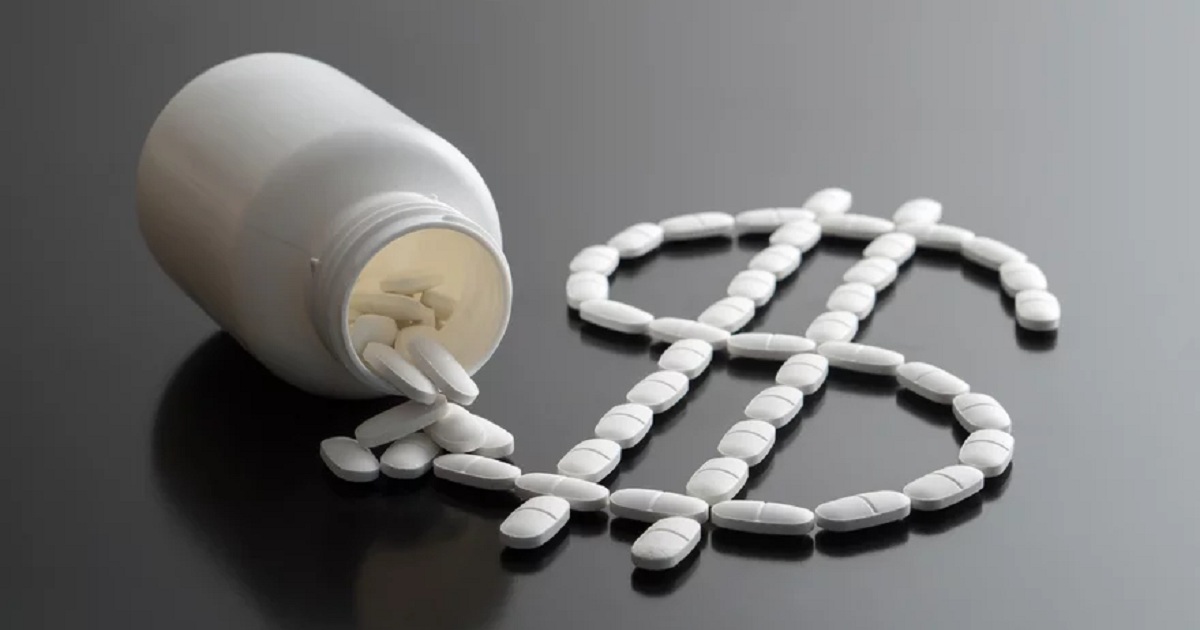ICER's blasted pharma pricing for years, but now drugmakers are 'rolling up their sleeves' to cooperate
FiercePharma | September 10, 2019

Sanofi and Regeneron's next-gen cholesterol drug Praluent never lived up to early expectations, and its price tag was at least partly to blame. The cost petrified payers. Even before it—and its fellow PSCK9 med from Amgen—won FDA approval in 2015, pharmacy benefit managers (PBMs) rang alarms about the hundreds of billions the new PCSK9 class could cost the healthcare system. But payers themselves weren't the only ones calling out costs after the drugs launched with stickers of more than $14,000. Self-appointed cost watchdog the Institute for Clinical and Economic Review (ICER) had just started assessing new drugs, and it said the companies would need to cut their prices by two-thirds to be cost-effective. Sanofi and Regeneron hit back. ICER had underestimated the cardiovascular risks patients faced, the partners said, and that in itself undercut Praluent's value. The group's process wasn't transparent, its estimate of the PCSK9 class' overall costs was "unrealistic" and its report ignored the "value and risk of innovation," they argued. Amgen tossed out its own litany of complaints. It was only the beginning in that tug of war. Of 72 treatments assessed since ICER started a cost-effectiveness review program, the group has supported pricing on just 21, according to a chart compiled by Bernstein analysts in July. Since then, ICER has published reports endorsing pricing on two out of seven drugs, for a total of 23 endorsements in 79 reviews. It's still waiting on pricing decisions for three drugs, so the approval figure could climb.